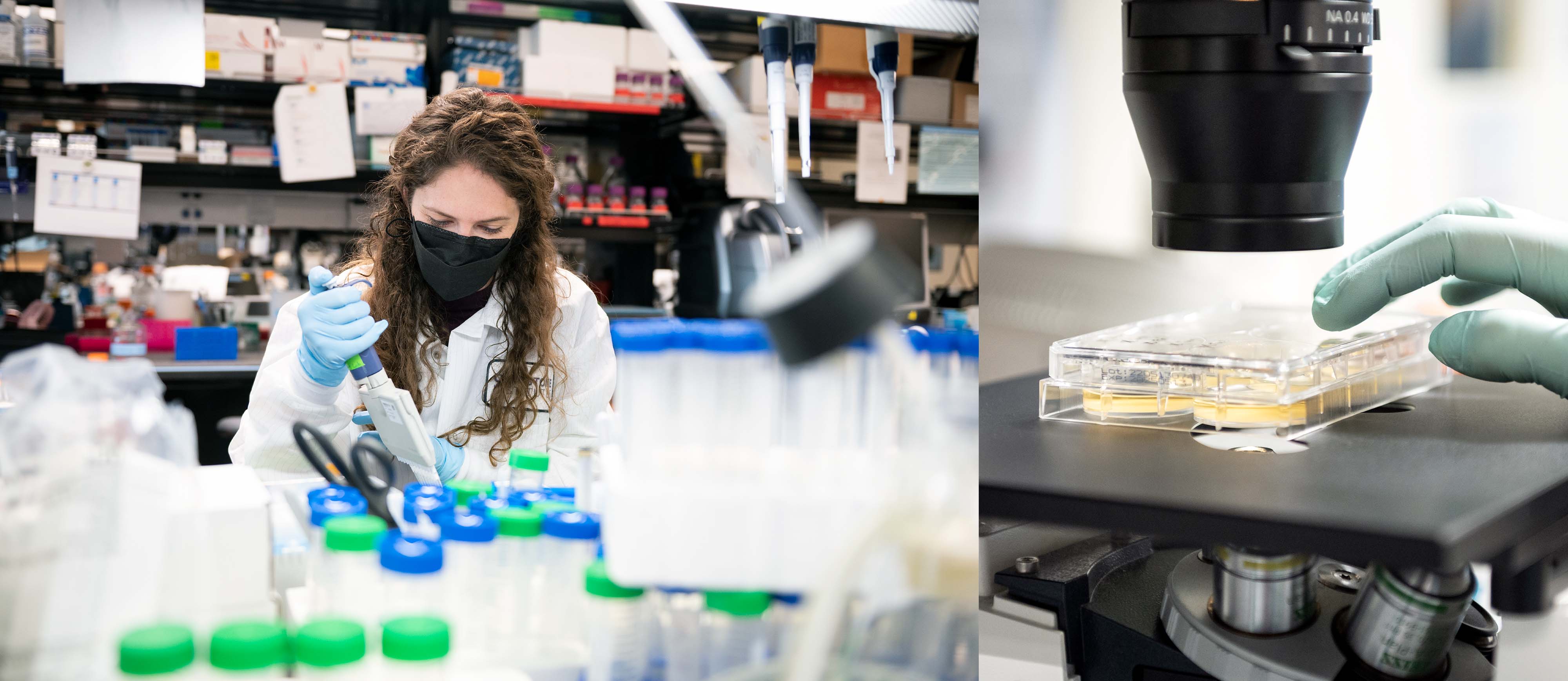The Gladstone Institute of Neurological Disease (GIND) combines exemplary levels of scientific rigor and innovation with a depth of knowledge and understanding of brain disorders that is rarely found in basic research centers or departments.
Deeply committed to training the next generations of scientists, GIND investigators enthusiastically embrace this mission and recognize the need to create a holistic training environment for postdoctoral scholars to gain the skills and experiences they will need for an independent career. Several scientists who trained with GIND faculty have assumed leadership positions at major universities and other centers of excellence, many run their own productive labs, and most continue to make meritorious contributions to disease-focused neuroscience and translational neurobiology.
NOMIS fellows are expected to pursue cross-disciplinary neuroscience research that leverages co-mentorship from two of the following distinguished faculty members.
Mentors
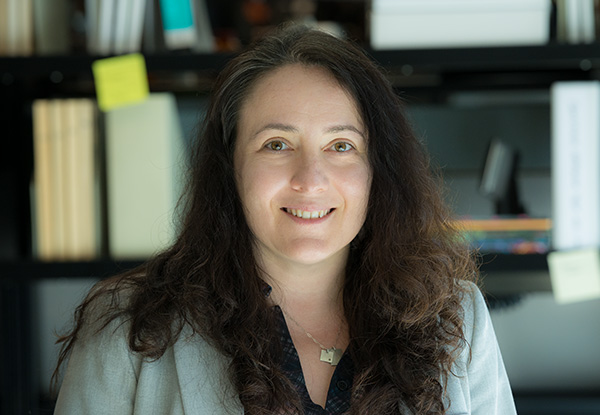
Katerina Akassoglou, PhD
Senior Investigator, GIND and Professor of Neurology, UCSFKaterina Akassoglou is a creative neuroimmunologist who combines in vivo two-photon microscopy with other powerful technologies to study the neurovascular junction and to define how interactions between blood proteins and innate immune cells affect neuronal functions and survival.
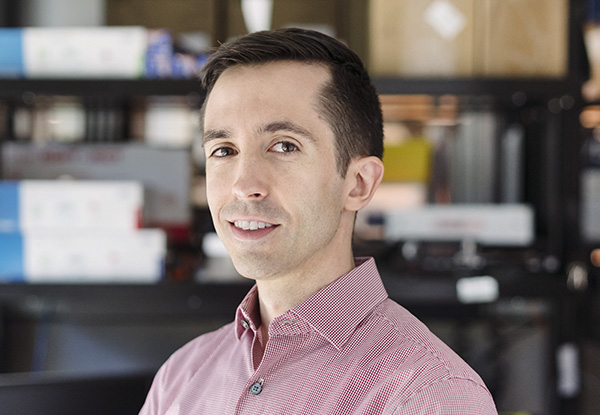
Ryan Corces, PhD
Assistant Investigator, GIND and Assistant Professor of Neurology, UCSFRyan Corces specializes in epigenetics and has developed trailblazing approaches to the analysis of brain cells by ATAC-seq. He uses this and related technologies to unravel the genomic and phenotypic consequences of variants in non-coding sequences of the human genome.
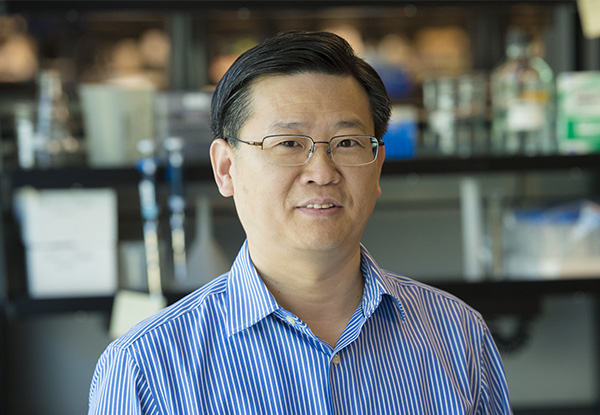
Yadong Huang, MD, PhD
Senior Investigator, GIND and Professor of Neurology and Pathology, UCSFYadong Huang is an expert in the neurobiology of apolipoprotein E (apoE). He uses experimental models ranging from knockin mice to human brain cell cultures to define how apoE expression is regulated across brain cell populations and how the expression of this protein affects neuronal functions and interactions with glial cells.

Lennart Mucke, MD
Director and Senior Investigator, GIND and Distinguished Professor of Neuroscience, UCSFThe Mucke Laboratory has a long track record of innovative contributions to disease-focused neuroscience and of training leaders in this field. They study the role of excessive excitation/inhibition (E/I) ratios of neural networks in diverse brain disorders, including Alzheimer’s disease (AD), epilepsy, and autism. By unraveling how the protein tau promotes E/I imbalance and how neural network and immune dysfunctions engage in a vicious circle that promotes synaptic dysfunctions and cognitive decline, the team aims to identify novel strategies to block these pathophysiological mechanisms.
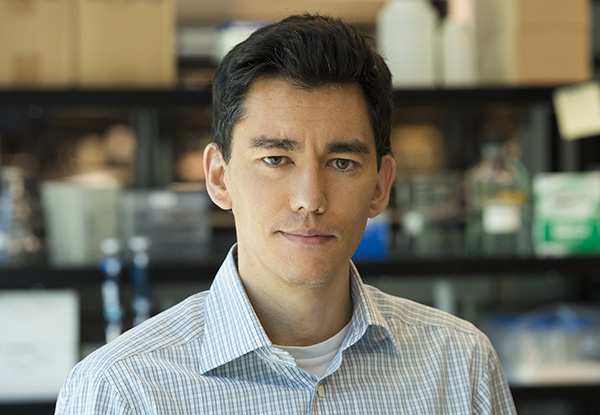
Ken Nakamura, MD, PhD
Senior Investigator, GIND and Professor of Neurology, UCSFKen Nakamura is an experienced physician-scientist with a keen interest in mitochondria and energy metabolism in brain cells. He leverages “omics” approaches to broadly characterize gene ensembles that regulate energy metabolism under different conditions and is defining mechanisms and cellular consequences of mitochondrial turnover.
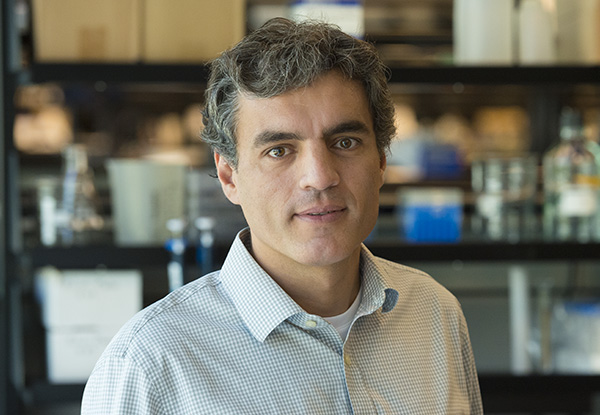
Jorge J. Palop, PhD
Associate Investigator, GIND and Associate Professor of Neurology, UCSFJorge Palop combines in vivo electrophysiology with behavioral testing and leading-edge AI approaches to dissect the roles of interneurons and oscillatory network activities in the generation of brain states and behavioral outputs. He also explores whether enhancing the activities of specific ion channels and interneuron populations can improve memory encoding and other cognitive functions.
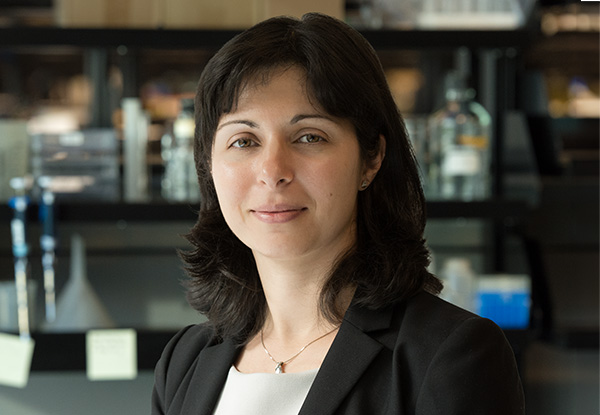
Jeanne T. Paz, PhD
Associate Investigator, GIND and Associate Professor of Neurology, UCSFJeanne Paz is an electrophysiologist who specializes in cellular and circuit mechanisms that modulate brain states. Her lab combines electrophysiology with fiber photometry, imaging, and perturbation approaches (optogenetics) to explore brain circuits and interrogate their roles in rhythmogenesis and behavior. The Paz lab also studies the roles of immune and glial cells in circuit plasticity, epilepsy and comorbidities.
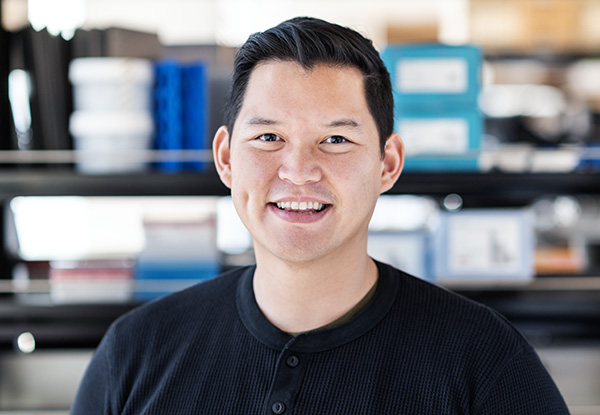
Andrew Yang, PhD
Assistant investigator, GIND and Assistant Professor of Neurology and Anatomy, UCSFAndrew Yang applies his training in engineering and his curiosity about neuroscience toward understanding the meaning, mechanisms, and therapeutic potential of protein and immune cell messages at the critical interface where the brain interfaces with the blood. His research has shown an unexpected degree of communication across the blood-brain barrier and has revealed a critical role for this barrier in the development of Alzheimer’s disease.
About the Gladstone Institute of Neurological Disease
About the NOMIS Foundation
About the NOMIS-Gladstone Fellowship
Questions? Contact Randi Mott at randi.mott@gladstone.ucsf.edu.
